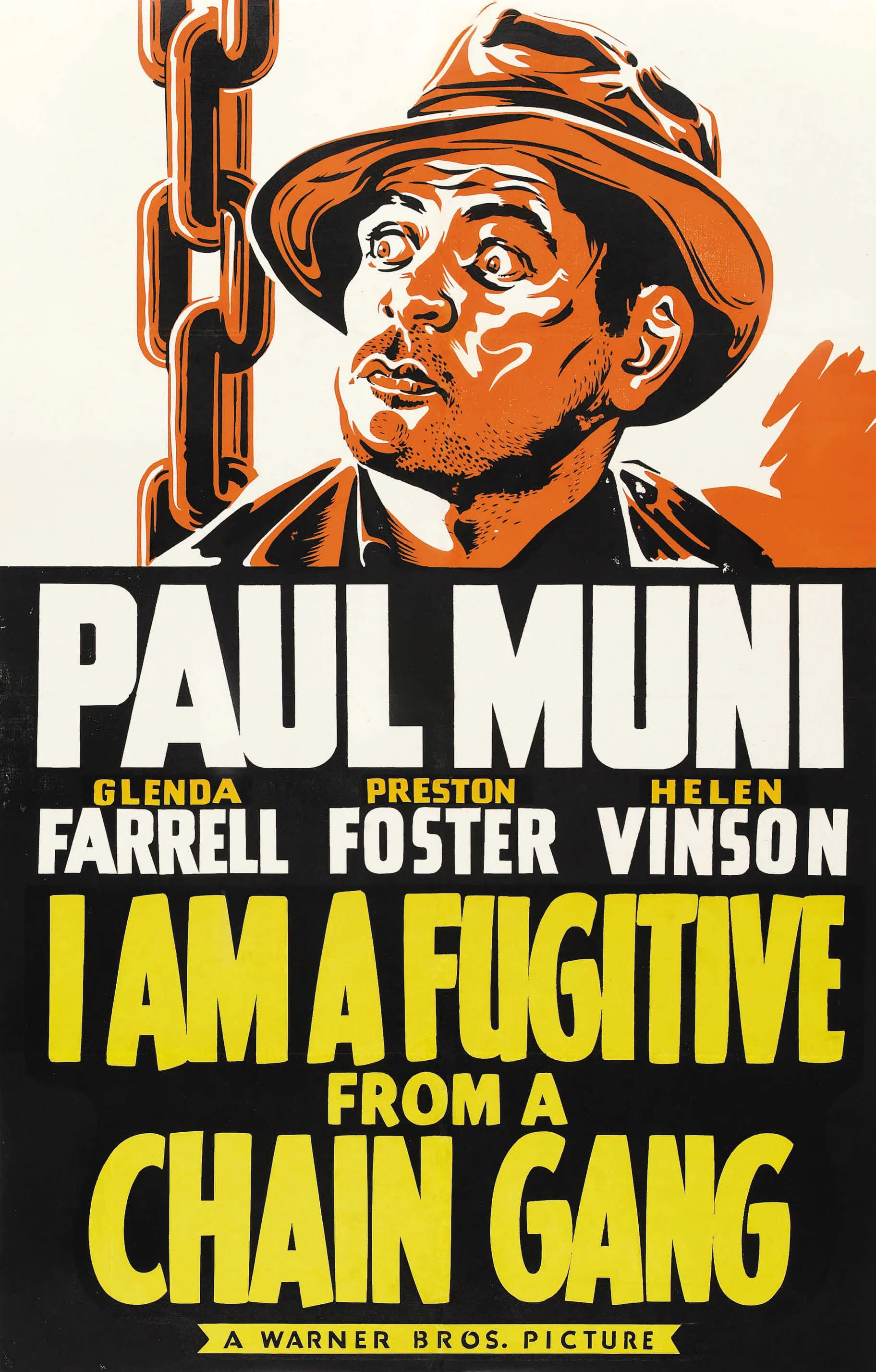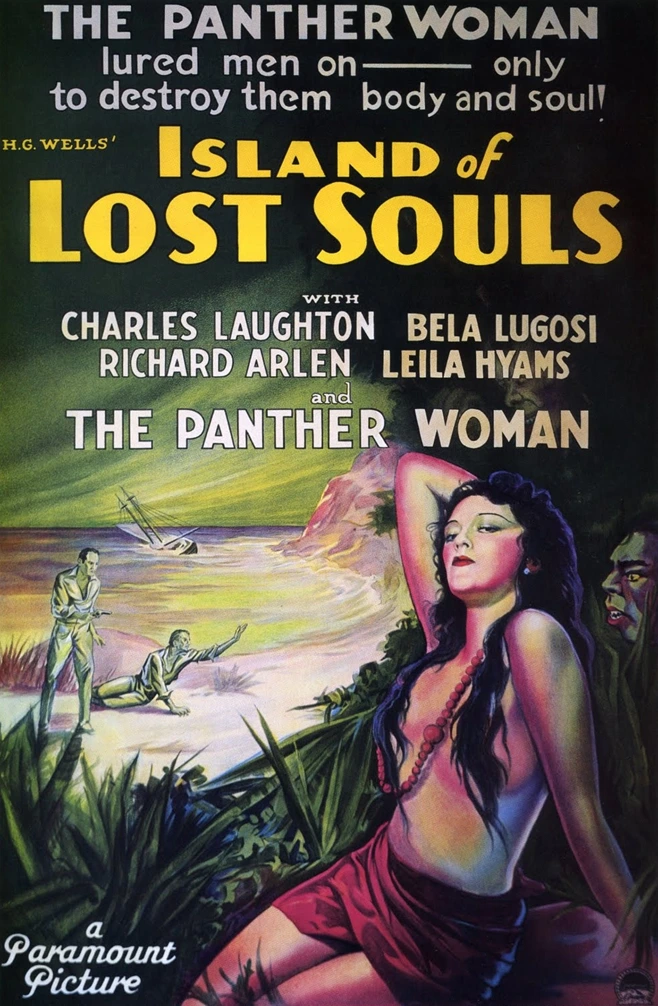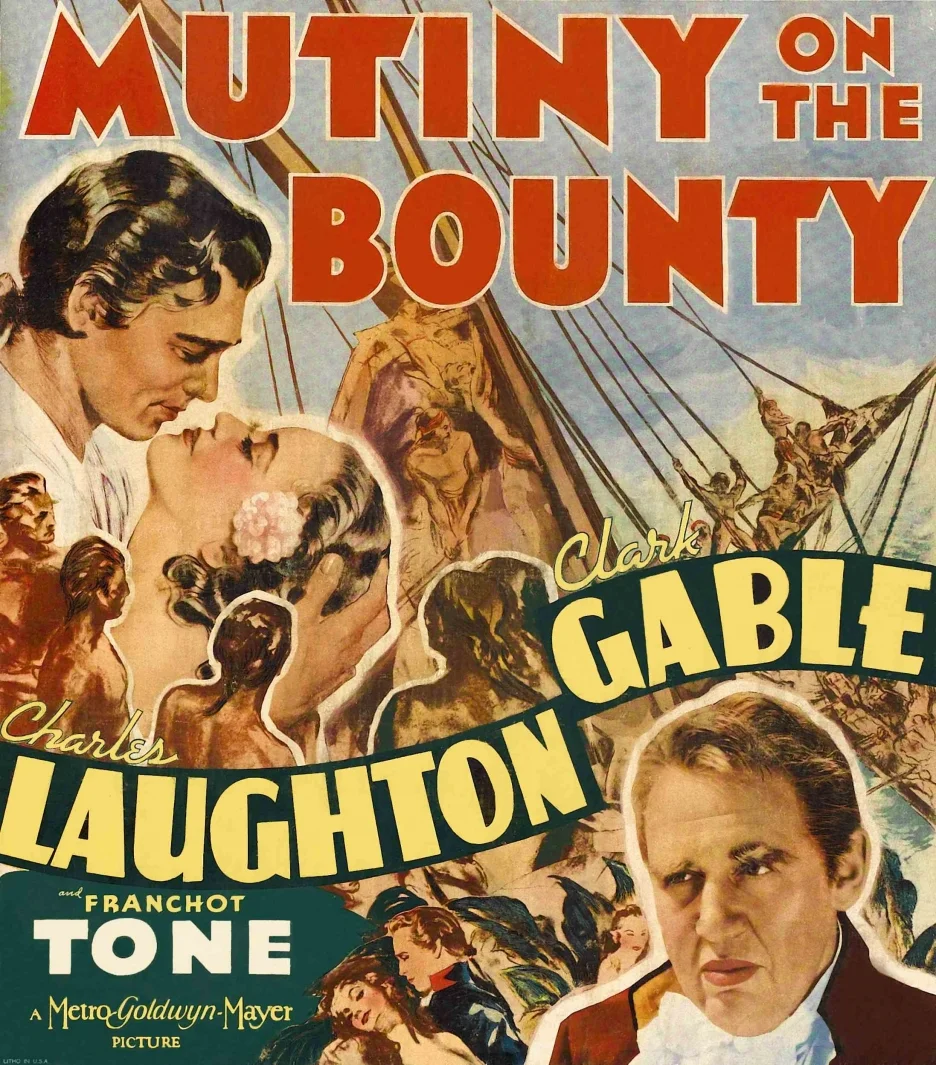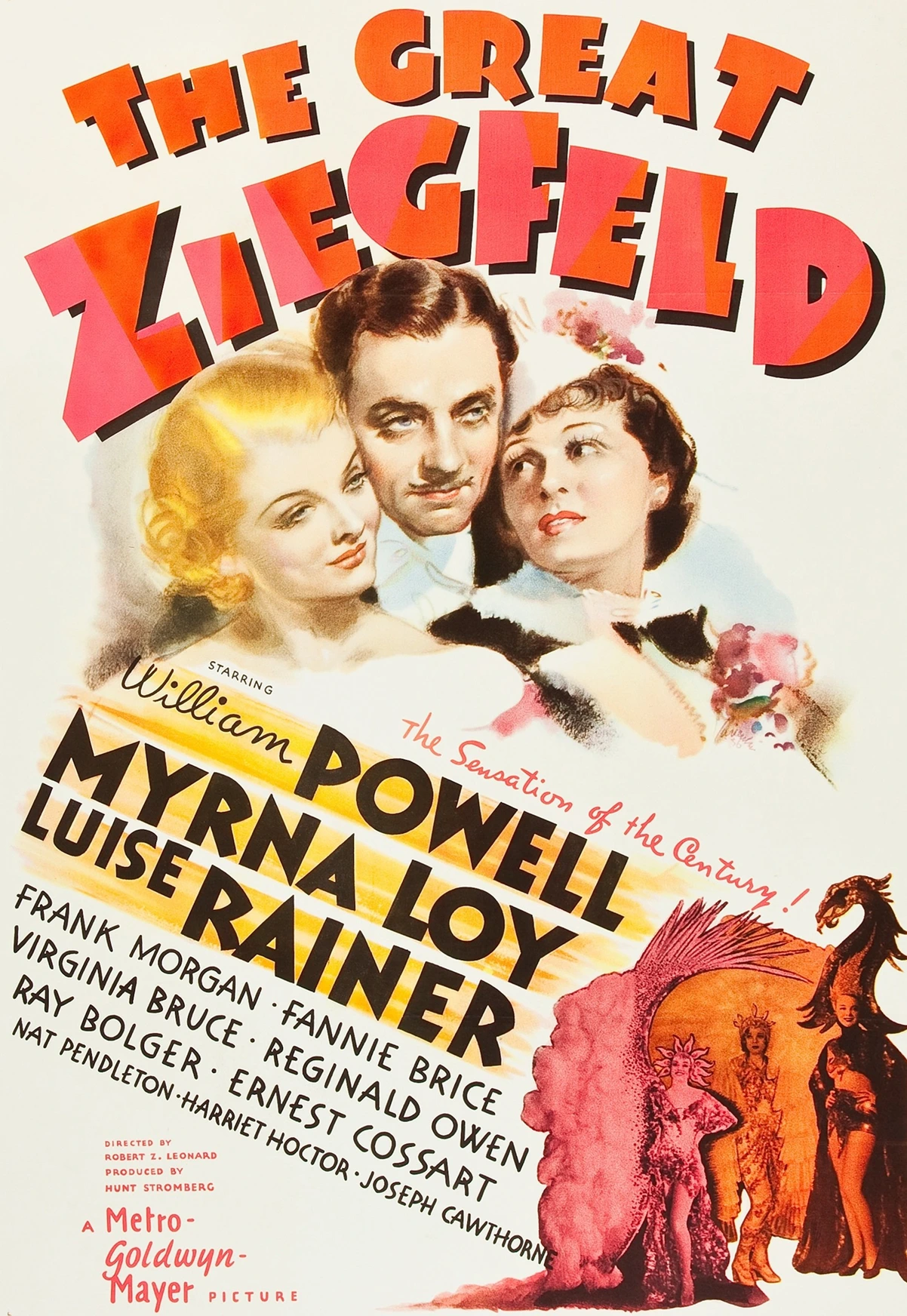- All Quiet on the Western Front (1930)
- I Am a Fugitive from a Chain Gang (1932)
- The 39 Steps (1935)
- Island of Lost Souls (1932)
- Gone with the Wind (1939)
- Mutiny on the Bounty (1935)
- The Life of Emile Zola (1937)
- The Great Ziegfeld (1936)
- Gabriel Over the White House (1933)
- Scarface (1932)
 The cinematography is stunning, even by 1920's standards. So many emotions are felt for the characters. It's
understandable as to why the Nazis wanted to burn the book because of its defeating message that war is
useless and trivially pointless. All Quiet on the Western Front carries so much relevance, no matter at
what period of time it's seen in.
The cinematography is stunning, even by 1920's standards. So many emotions are felt for the characters. It's
understandable as to why the Nazis wanted to burn the book because of its defeating message that war is
useless and trivially pointless. All Quiet on the Western Front carries so much relevance, no matter at
what period of time it's seen in.
 I Am a Fugitive from a Chain Gang is a heartfelt story about a decent man, down on his luck, who dreams
of being a civil engineer so he can build roads and bridges. The on-screen portrayal of the chain gang in the
Deep South was enough for the public to denounce the practice, and forever gone that was by 1955. Paul Muni's
performance is more than outstanding, and the haunting ending is timeless.
I Am a Fugitive from a Chain Gang is a heartfelt story about a decent man, down on his luck, who dreams
of being a civil engineer so he can build roads and bridges. The on-screen portrayal of the chain gang in the
Deep South was enough for the public to denounce the practice, and forever gone that was by 1955. Paul Muni's
performance is more than outstanding, and the haunting ending is timeless.
 The most definitive Hitchcock picture made, The 39 Steps is the gold standard that many espionage
pictures have failed to match. Robert Donat has never been better, and Lucie Mannheim deserves credit for
setting the tone. The formula of Alfred Hitchcock's many films can be readily found here.
The most definitive Hitchcock picture made, The 39 Steps is the gold standard that many espionage
pictures have failed to match. Robert Donat has never been better, and Lucie Mannheim deserves credit for
setting the tone. The formula of Alfred Hitchcock's many films can be readily found here.
 Director Erle C. Kenton milked as much as he could in seventy minutes of running time. Every scene has a
purpose which is something I can't really say for most films in existence. There's no doubt that Charles Laughton
is iconic as Dr. Moreau. Not to be missed is the fine performance by Kathleen Burke as Lota aka the Panther
Woman. The makeup effects, the cinematography, the atmosphere, the story, and so on are all outstanding.
Director Erle C. Kenton milked as much as he could in seventy minutes of running time. Every scene has a
purpose which is something I can't really say for most films in existence. There's no doubt that Charles Laughton
is iconic as Dr. Moreau. Not to be missed is the fine performance by Kathleen Burke as Lota aka the Panther
Woman. The makeup effects, the cinematography, the atmosphere, the story, and so on are all outstanding.
 As impressive as it can be, Gone with the Wind is a one-of-a-kind picture although it's an extremely long
epic. Doing an excellent job of perpetuating the myths about the Old South which was anything but, it abounds
with excellent performances, a picturesque cinematography, and a sumptuous story. Vivien Leigh, Clark Gable,
and Olivia de Havilland will always be unforgettable.
As impressive as it can be, Gone with the Wind is a one-of-a-kind picture although it's an extremely long
epic. Doing an excellent job of perpetuating the myths about the Old South which was anything but, it abounds
with excellent performances, a picturesque cinematography, and a sumptuous story. Vivien Leigh, Clark Gable,
and Olivia de Havilland will always be unforgettable.
 Mutiny on the Bounty is an expertly made picture given the year it was filmed in, and it features a
sweeping story. It's highly watchable because of Clark Gable who steals the show in every scene. And Charles
Laughton is mesmerizing as Captain Bligh.
Mutiny on the Bounty is an expertly made picture given the year it was filmed in, and it features a
sweeping story. It's highly watchable because of Clark Gable who steals the show in every scene. And Charles
Laughton is mesmerizing as Captain Bligh.
 The Daniel Day-Lewis of his time, Paul Muni is one of the greatest actors ever lived. He didn't do many films,
starring in only 23 before retiring early due to health problems. When Paul Muni played a character, he
became the character, doing exactly that for The Life of Emile Zola. Naturally so, the story is powerful.
The Daniel Day-Lewis of his time, Paul Muni is one of the greatest actors ever lived. He didn't do many films,
starring in only 23 before retiring early due to health problems. When Paul Muni played a character, he
became the character, doing exactly that for The Life of Emile Zola. Naturally so, the story is powerful.
 If there's scene that belongs in the top 50 of all time, it's the rotating steps on the stage, reaching seventy
feet high. Breathtaking and magnificent, that may have been the clincher for Best Picture. Today, the musical
represents Classic Hollywood very well. There are other superbly-staged shows that are replicas of the Ziegfeld
Follies that ran on Broadway from 1907 to 1931. Now, you know where the phrase "Ziegfeld Girl" comes from.
If there's scene that belongs in the top 50 of all time, it's the rotating steps on the stage, reaching seventy
feet high. Breathtaking and magnificent, that may have been the clincher for Best Picture. Today, the musical
represents Classic Hollywood very well. There are other superbly-staged shows that are replicas of the Ziegfeld
Follies that ran on Broadway from 1907 to 1931. Now, you know where the phrase "Ziegfeld Girl" comes from.
 Gabriel Over the White House is one of the all-time great political fantasy pictures made. Walter
Huston is brilliant. For years, the actor thought he was wasting his time with inferior films and wanted meaty
roles. He finally got his wish after being handed the script for Gabriel Over the White House, causing
his career to take off.
Gabriel Over the White House is one of the all-time great political fantasy pictures made. Walter
Huston is brilliant. For years, the actor thought he was wasting his time with inferior films and wanted meaty
roles. He finally got his wish after being handed the script for Gabriel Over the White House, causing
his career to take off.
 This is the granddaddy of all gangster pictures. It lives up to the reputation for being the most influential
of the genre. Paul Muni is the show. If there are films that escaped the swath of the Hays Code, Scarface
is among them, thanks to Howard Hawks' defiance to the office's censorship orders, making it a rarity with
violence never seen before in a 30's picture.
This is the granddaddy of all gangster pictures. It lives up to the reputation for being the most influential
of the genre. Paul Muni is the show. If there are films that escaped the swath of the Hays Code, Scarface
is among them, thanks to Howard Hawks' defiance to the office's censorship orders, making it a rarity with
violence never seen before in a 30's picture.